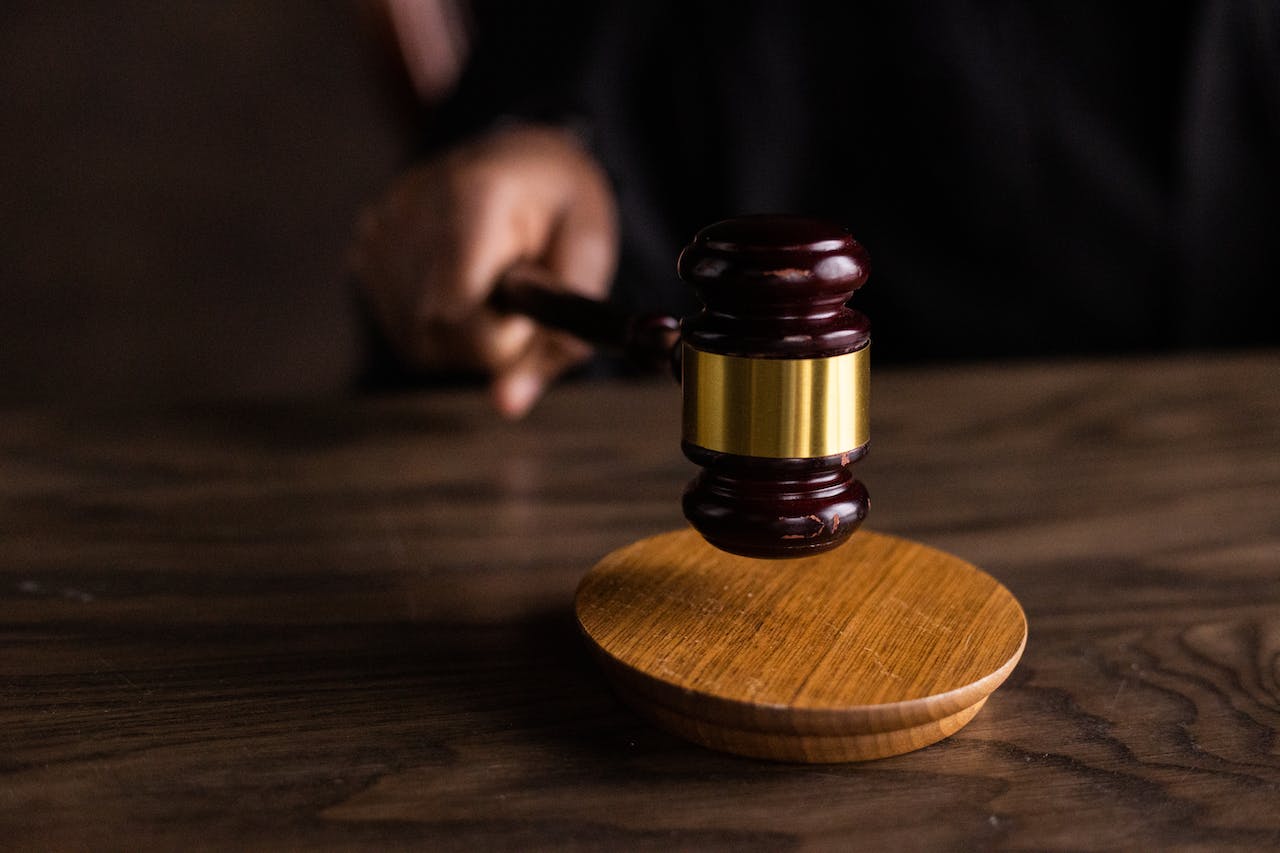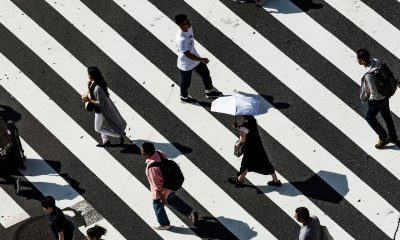News
UN court ruling against Israel shows limits of legal power to prevent genocide − but rapid speed

The court’s initial ruling on this case, in which it ordered Israel to comply with a total of six provisional measures, does not reflect whether the court will eventually determine that Israel is committing genocide. (Pexels Photo)
The International Court of Justice ordered Israel on Jan. 26, 2024, to prevent possible genocide against Palestinians in Gaza. But the court did not call for a cease-fire, as South Africa had requested.
The United Nations’ highest court, based in The Hague, Netherlands, also declined to toss out South Africa’s case against Israel alleging genocide.
South Africa submitted a complaint in December 2023 claiming that Israel is committing genocide against Palestinians in Gaza. South Africa requested the International Court of Justice order the Israeli military to halt its war in Gaza.
Israel argues that its military is trying to minimize civilian harm and that South Africa is trying to both weaponize the term genocide and interfere with Israel’s right of self-defense against Hamas.
The court’s initial ruling on this case, in which it ordered Israel to comply with a total of six provisional measures, does not reflect whether the court will eventually determine that Israel is committing genocide. As history shows, such a ruling could take years to decide.
“Now, in the wake of this ruling, a key question concerns whether and to what extent the Israeli government and military will comply with the provisional measures. A related question concerns how much pressure the U.S. and other Western countries will place on Israel to comply and to limit the scope of civilian harm in Gaza,” said Victor Peskin, a scholar of international relations and human rights.
The Conversation U.S. spoke with Peskin to better understand the potential impacts of South Africa’s genocide complaint against Israel, the impact of the ICJ’s ruling, and the scope of the court’s power.
What is the significance of this International Court of Justice order?
It is a mixed result. South Africa wanted the International Court of Justice to order an immediate cease-fire, which it did not do. Israel wanted the court to toss out the case entirely, which also did not happen.
The court ruled this is a case that falls under its jurisdiction and that South Africa’s claim of genocide is plausible. However, that does not mean the court will eventually rule for or against South Africa or Israel.
Furthermore, the court is saying that the war is creating a dire situation for civilians in Gaza.
Among other things, the court is putting the Israeli government and its military on notice that it is watching its military conduct quite closely. And it is ordering Israel to ensure Palestinian civilians have access to urgently needed humanitarian aid. It also says that the Israeli government must preserve any evidence of possible genocide and submit a report to the court, within one month, detailing steps taken to comply with the court-ordered provisional measures.
Importantly, the court also calls for the immediate release of the 100- plus hostages Hamas is holding in Gaza.
What kind of pressure does this create for Israel, Hamas and others involved in the war?
The International Court of Justice is the U.N.’s most prominent court and is widely considered legitimate. And in a sign of this international legitimacy, the European Union has already called for all parties of the war to immediately comply with the order.
I think this will increase pressure on Israel to limit civilian casualties, increase humanitarian assistance and temper the inflammatory statements issued by prominent Israeli leaders that were cited in South Africa’s complaint against Israel.
This ruling might be one factor that helps to advance Israel and Hamas’ negotiations for a hostage release and cease-fire.
The International Court of Justice lacks enforcement power. So, is this case more than political theater?
The International Court of Justice does not prosecute individuals, but rather focuses on resolving legal disputes between countries. The Hague-based International Criminal Court, which has the legal authority to investigate and prosecute individuals for war crimes, crimes against humanity and genocide, has opened up a separate investigation into Israeli forces’ and Hamas militants’ alleged violations of international humanitarian law.
It’s always an open question – will an International Court of Justice ruling even be enforced and have any tangible effect?
While the International Court of Justice moved at a glacial pace in reaching a final decision in the Bosnia-Serbia genocide case, it has shown that it can move more quickly when addressing mass violence through issuing provisional measures, as it just did in the South Africa-Israel case. ICJ judges also issued provisional measures calling for the prevention of violence in the Myanmar and Russia cases.
However, there is little indication that the International Court of Justice’s provisional measures eased Myanmar’s crackdown on the Rohingya. Similarly, the ICJ’s provisional measures calling on Russia to halt its invasion of Ukraine has had no apparent effect.
What precedence is there for the ICJ to consider cases like this?
There is some precedence for countries to bring a case regarding a conflict it is not directly involved in to the International Court of Justice, as South Africa is now doing. In 2019, Gambia filed a complaint at the court against Myanmar, regarding its alleged genocide of the Rohingya people, an ethnic minority living in Myanmar.
Countries without a direct connection to an alleged case of genocide can legally bring a genocide complaint forward, according to the Genocide Convention.
What does the ICJ’s track record on genocide tell us about this current case?
In the first case of this kind, in 1993, Bosnia instituted proceedings against Serbia, which was then part of the former republic of Yugoslavia, for alleged genocide.
The International Court of Justice’s eventual ruling in 2007 in the Serbia case was controversial. The court ruled that genocide was committed in the Bosnian war but that the government of Serbia was not directly responsible for it. Instead, the court ruled that the Serbian government failed to prevent genocide in Srebrenica.
Srebenica was the eastern, Muslim enclave in Bosnia that Bosnian-Serb military forces overran in 1995, murdering around 8,000 Muslim boys and men.
The court also found the Serbian government violated the Genocide Convention by failing to arrest former Bosnian Serb Gen. Ratko Mladic, then wanted for genocide by the U.N. International Criminal Tribunal in the former Yugoslavia.
That judgment by the International Court of Justice was a big blow and disappointment to many Bosnian Muslims and global human rights activists.
How long could it take the ICJ to determine whether Israel committed genocide?
It could take a number of years. The Bosnia-Serbia case took 14 years. It is unclear if the South Africa-Israel case would have to wait for a final judgment to first be rendered in the Gambia-Myanmar and Ukraine-Russia cases, which have not concluded.
This is an update of a previous story, originally published on Jan. 13, 2024.![]()
![]()
Victor Peskin, Associate professor of politics and global studies, Arizona State University
This article is republished from The Conversation under a Creative Commons license. Read the original article.





















